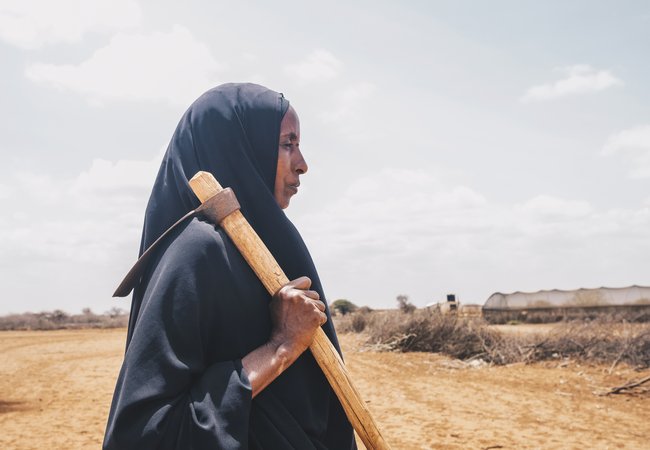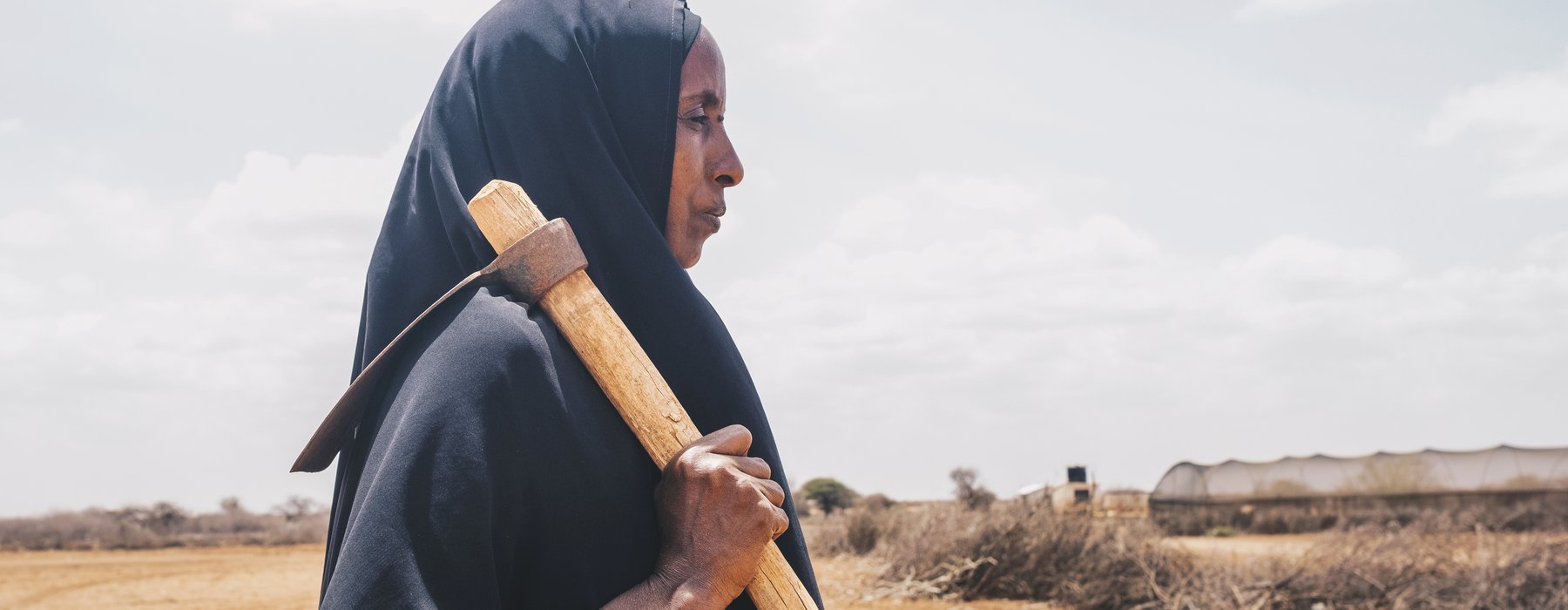The bells round her animals’ necks used to clang together as she took them out to graze in the small town of Abdiwako, where she lives in Kenya. The ringing meant there would be milk and food for her family.
They bells are silent now. Most of the animals are dead.
The devastating drought ravaging East Africa has left forty million people on the brink of starvation.
In the time it took Rishi Sunak to deliver a speech that set his Government’s remaining climate credentials on fire, dozens of people across the region would have lost their lives.
The billowing smoke rising from the Prime Minister’s incendiary decision to kick the can down the road on a series of vital commitments to cut emissions from transport and our homes while ironically promising a “brighter future”, could have far reaching consequences: not just for Diyaara; but for us all.
Having already warned the UK was off track to meet its 2030 emissions targets, the Government’s own advisers on the Climate Change Committee says the Prime Minister’s delays will make doing so even harder. We’re slowing down when we should be speeding up.
Claiming that this backsliding is being done on behalf of ‘hard pressed British families’ can’t obscure the fact that people living in poverty – both in the UK and the world over – are and will be hit first and worst by the impacts of climate change.
At its heart, climate change is an issue of deep inequality, of injustice.
Anyone can see it’s just plain wrong that the people like Diyaara, who have done the least to cause climate change are paying the highest price. What say will she have in the “meaningful democratic debate” Rishi Sunak wants?
And it’s also not right that here in the UK, people on the lowest incomes are living shorter lives in part due to dirty air, while struggling to pay soaring food prices and facing unaffordable insurance bills when their homes are flooded.
And nor should ordinary people – especially those on low incomes – be left to pick up the climate tab. But don’t be fooled: that’s not the only option. There’s a fairer way to finance a greener future: by making the biggest, richest, polluters pay up for the damage they’ve caused.
Last year the ‘big five’ oil and gas companies saw their already colossal revenues more than double, with combined profits of $200bn. They’ve already made billions more in 2023.
Oxfam’s research shows that fair taxes on the UK’s biggest and richest polluters – like these companies, could have raised up to £23 billion last year alone.
That could fund common sense policies to drive down emissions while making life more affordable: like insulating homes to cut fuel bills or investing in affordable public transport.
In Scotland, the First Minister says the UK Government’s actions are ‘unforgivable’ and has promised he’ll act with greater urgency.
But Humza Yousaf must walk, as well as talk, a different path and go further, faster to ensure we don’t miss any more emission reduction targets while being unequivocal that new oil and gas must stay in the ground.
After all, a different bell is tolling across the UK, one that no amount of wishful thinking will silence: the climate emergency alarm.
Diyaara and the rest of us simply can’t afford for our political leaders to keep trying to press snooze on climate action. It’s time for them to wake up, and take the bold action needed to secure the lives and futures that depend on their leadership.
This article originally appeared in the Sunday Post.



